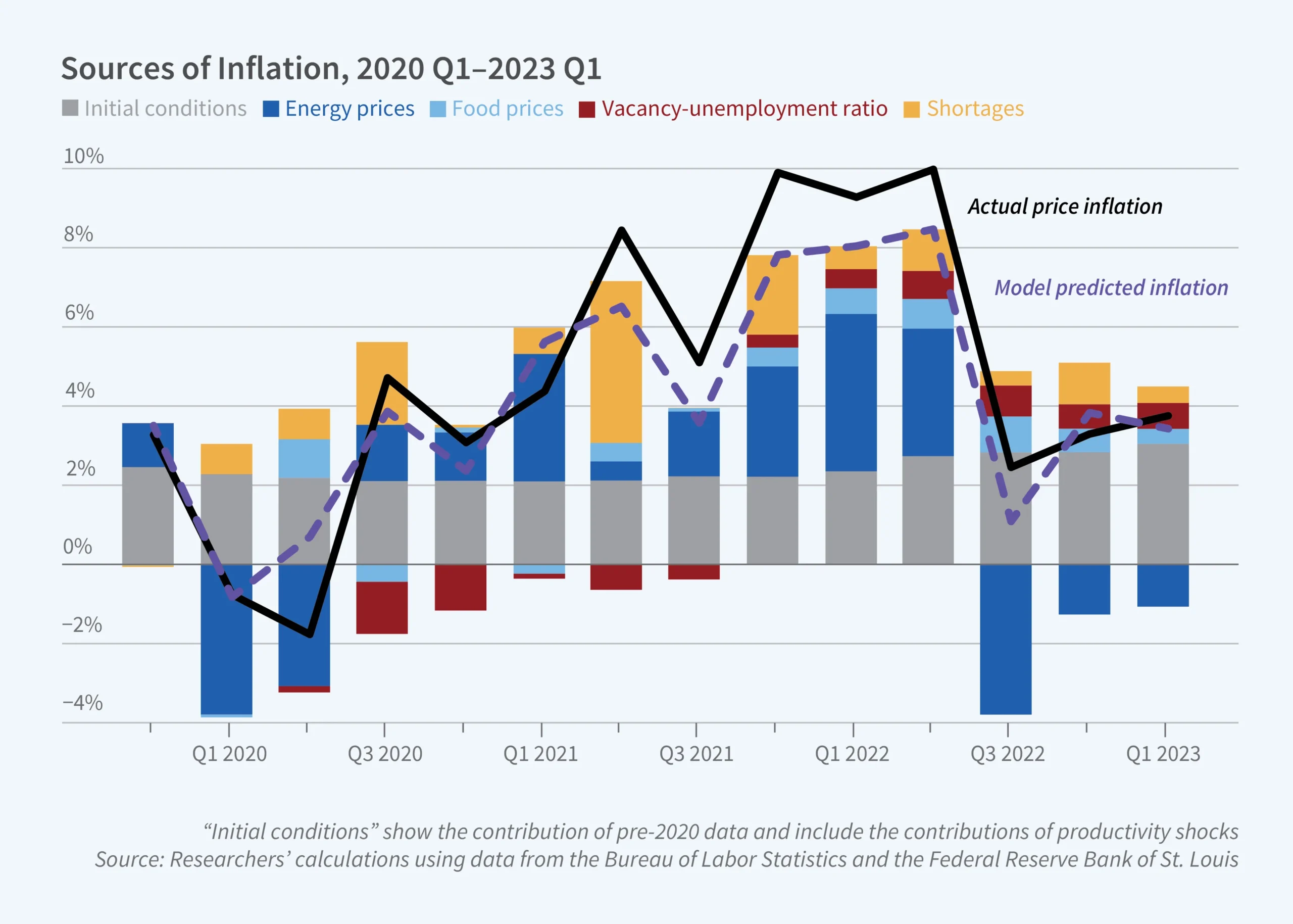Inflation is a crucial economic factor that affects every sector, including Ghana’s insurance industry. As inflation rates rise, the cost of goods and services increases, and insurance companies adjust their premiums accordingly. This article explores how inflation impacts insurance premiums in Ghana, why policyholders are paying more, and what they can do to manage costs effectively.
Understanding Inflation and Its Causes in Ghana
Inflation is the rate at which the general price level of goods and services rises, reducing the purchasing power of money. In Ghana, inflation is influenced by various factors, including:
- Currency Depreciation: The Ghanaian cedi frequently depreciates against foreign currencies, increasing import costs and affecting the economy.
- Fuel and Energy Costs: Rising fuel prices contribute to transportation and production costs, pushing up inflation.
- Government Policies: Tax increases, monetary policies, and external debts can impact inflation rates.
- Global Economic Trends: International market fluctuations, such as oil price hikes and supply chain disruptions, can also fuel inflation.
According to the Ghana Statistical Service (GSS), Ghana’s inflation rate stood at 23.2% in December 2024, impacting various sectors, including insurance (source).
How Inflation Affects Insurance Premiums in Ghana
Insurance premiums are calculated based on several factors, including risk assessment, claims history, and economic conditions. When inflation rises, insurers face increased costs in several ways:
1. Higher Claim Payouts
Inflation affects the cost of repairing damaged properties, vehicles, and medical treatments. For example:
- Auto Insurance: The cost of vehicle repairs and spare parts rises, leading to higher claim payouts.
- Health Insurance: Hospital bills, medications, and medical procedures become more expensive, forcing insurers to increase premiums.
- Property Insurance: Construction costs surge due to rising material and labor expenses, increasing property claim settlements.
2. Increased Operational Costs for Insurers
Insurance companies in Ghana incur administrative and operational costs, including staff salaries, technology infrastructure, and compliance expenses. When inflation drives up wages and business costs, insurers pass these expenses on to policyholders through premium adjustments.
3. Depreciation of the Cedi and Reinsurance Costs
Many Ghanaian insurance companies rely on reinsurance, where global reinsurers share risks. If the cedi depreciates, the cost of reinsurance becomes higher, leading insurers to adjust their premiums to compensate for currency losses.
4. Rising Interest Rates Affect Investment Returns
Insurance companies invest policyholder premiums in bonds, stocks, and other assets to generate returns. When inflation prompts the Bank of Ghana to raise interest rates, investment yields fluctuate, affecting insurers’ profitability and premium pricing strategies.
Recent Trends in Ghana’s Insurance Market
- Insurance Premiums Increased in 2024: Due to persistent inflation, many insurers in Ghana have adjusted premiums across auto, health, and property insurance policies.
- Higher Demand for Microinsurance: Many Ghanaians are turning to affordable microinsurance products to cope with rising costs (National Insurance Commission).
- Growth of Insurtech Solutions: Digital insurance platforms are helping policyholders compare premiums and find cost-effective options.
How Policyholders Can Manage Rising Insurance Costs
While inflation-driven premium increases are inevitable, policyholders can take steps to minimize their expenses:
1. Compare Insurance Providers
Before renewing a policy, compare different insurers to find competitive rates. Websites like InsuranceMarketGh allow users to compare policy options.
2. Opt for Higher Deductibles
A higher deductible means lower premiums. If you can afford to pay more out-of-pocket in case of a claim, this can help reduce your insurance costs.
3. Bundle Insurance Policies
Some insurers offer discounts if you purchase multiple policies (e.g., auto and home insurance) from the same company.
4. Maintain a Good Claims Record
If you have a history of low or no claims, insurers may offer discounts on renewals.
5. Explore Usage-Based and Digital Insurance
Some companies offer pay-as-you-go insurance, where premiums are based on actual usage. This is common in auto and health insurance policies.
Conclusion
Inflation is a major driver of rising insurance premiums in Ghana. As economic conditions fluctuate, insurers must adjust pricing to cover increased claims, operational costs, and currency depreciation risks. Policyholders should stay informed, compare options, and adopt smart strategies to manage their insurance costs effectively.
By understanding these dynamics, individuals and businesses can make better financial decisions while ensuring they remain adequately protected.
Stay Updated on Ghana’s Insurance Industry
For the latest trends and insights on Ghana’s insurance sector, visit National Insurance Commission (NIC) and Ghana Statistical Service.
